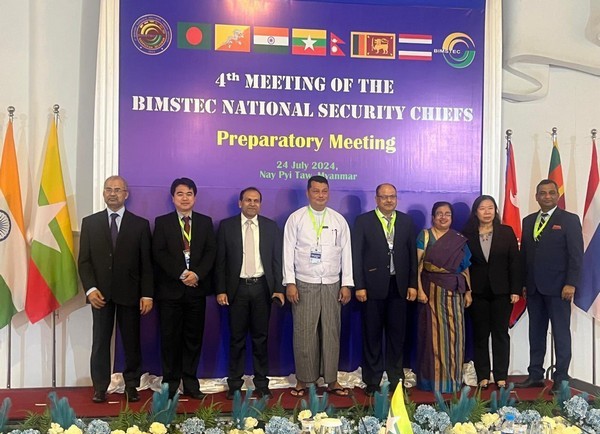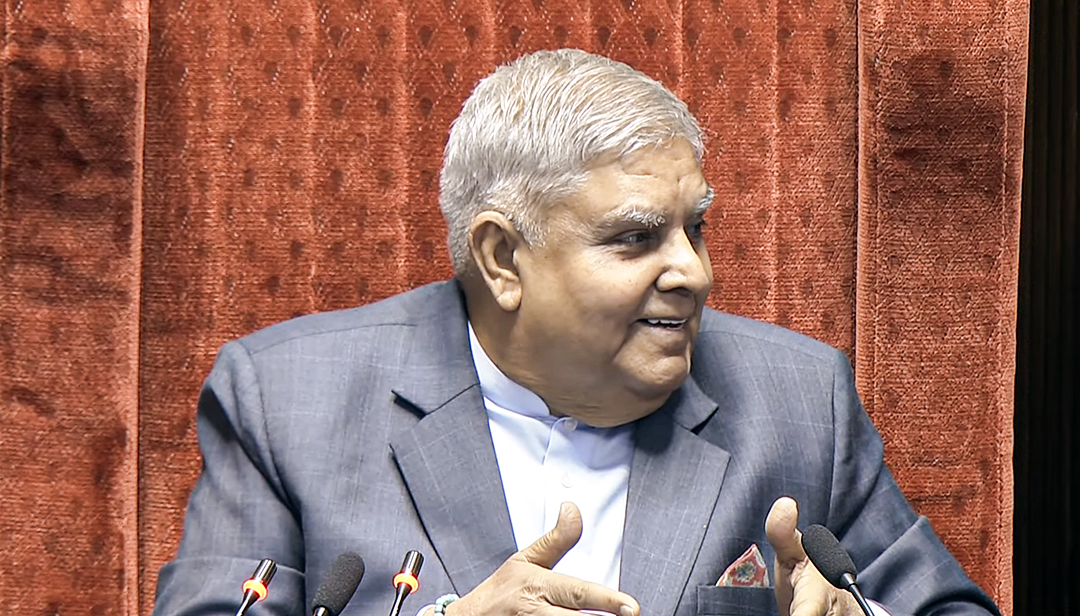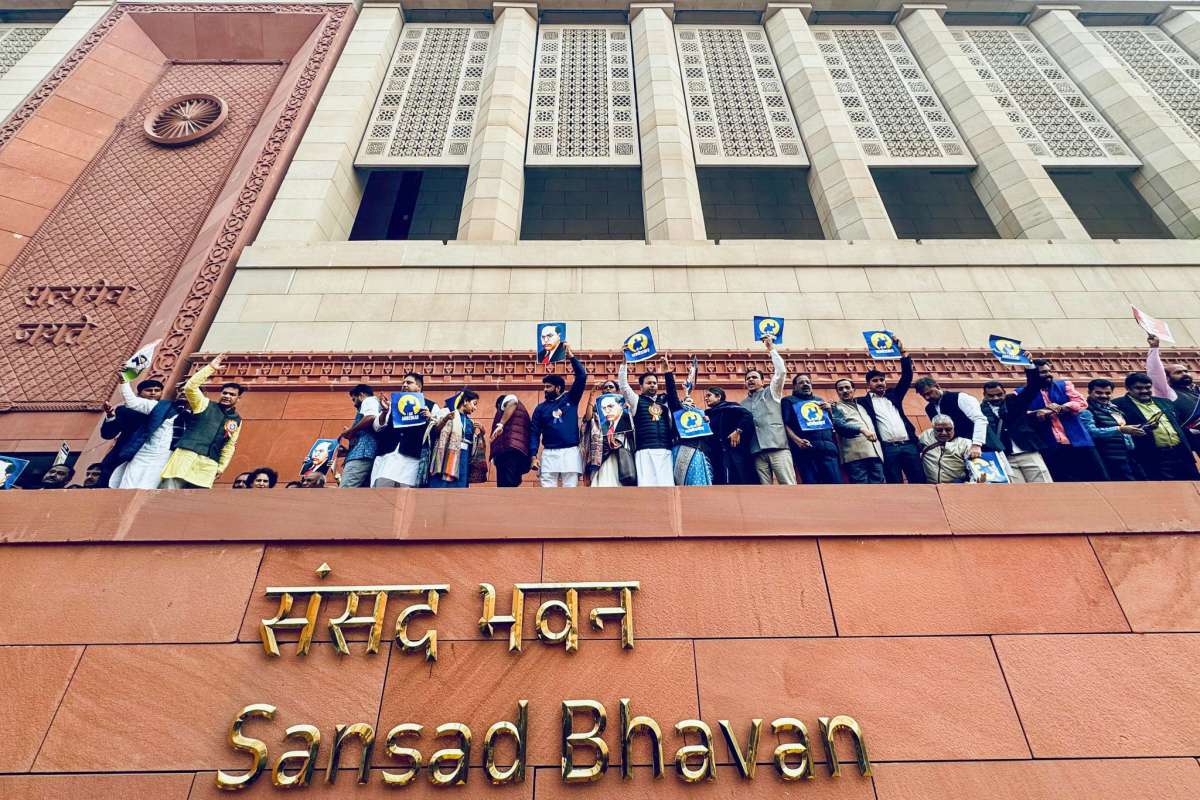It aims to strengthen relationships and foster economic development among its member states, which include- Bangladesh, Bhutan, India, Myanmar, Nepal, Sri Lanka, and Thailand…reports Asian Lite News
In a significant stride towards enhancing regional security cooperation, India took the helm as the lead country for security sector collaboration within the Bay of Bengal Initiative for Multi-Sectoral Technical and Economic Cooperation (BIMSTEC).
This development was highlighted during the Senior Officials’ Meeting held in Nay Pyi Taw to prepare for the upcoming 4th Meeting of BIMSTEC National Security Chiefs.
The meeting in Myanmar’s capital city convened to strategize and coordinate initiatives crucial for addressing common security challenges faced by member states.
“Indian delegation participated in Senior Officials’ Meeting to prepare for the 4th Meeting of BIMSTEC National Security Chiefs in Nay Pyi Taw. India is the Lead Country for security sector cooperation in BIMSTEC,” said Spokesperson, Ministry of External Affairs, Randhir Jaiswal, on Thursday.
Earlier this month, External Affairs Minister S Jaishankar hosted the foreign ministers from member countries of the Bay of Bengal Initiative for BIMSTEC grouping gathered in the national capital to bolster cooperation among Bay of Bengal countries.
BIMSTEC is a regional organisation that connects countries around the Bay of Bengal to promote economic growth, trade, and cooperation in areas like transportation, energy, and counter-terrorism.
It aims to strengthen relationships and foster economic development among its member states, which include- Bangladesh, Bhutan, India, Myanmar, Nepal, Sri Lanka, and Thailand.
BIMSTEC stands as a beacon of regional collaboration, striving to achieve rapid economic development and social progress through joint initiatives among its member states. Founded on principles of equality and partnership, BIMSTEC aims to address common challenges and capitalise on shared opportunities across seven strategic sectors.
Each member nation leads specific sectors, reflecting their expertise and commitment to collective advancement:
Bangladesh spearheads trade, investment and development, including the blue economy, leveraging its strategic location and maritime resources.
Sri Lanka focuses on science, technology and innovation, including health and human resource development, fostering advancements in research and human capital.
Bhutan leads efforts in environmental and climate change, including the mountain economy, emphasising sustainable practices in the face of ecological challenges.
India takes charge of security, including energy and disaster management, contributing expertise in disaster preparedness and strategic energy management.
Myanmar oversees agriculture and food security, including fisheries and livestock, supporting food sustainability and rural development.
Nepal drives people-to-people contact, including poverty alleviation, promoting cultural exchange and poverty reduction initiatives.
Thailand leads connectivity efforts, enhancing regional infrastructure and transport networks to facilitate seamless connectivity among member states.
BIMSTEC also emphasises cooperation with international and regional organisations, aligning its goals with global development agendas to maximise impact. With a commitment to mutual assistance, joint projects, and capacity building, BIMSTEC seeks to translate its collaborative efforts into tangible benefits that improve living standards and promote inclusive growth across the Bay of Bengal region. (ANI)
ALSO READ: Lanka Rebuts Canadian PM’s ‘Genocide’ Claim











